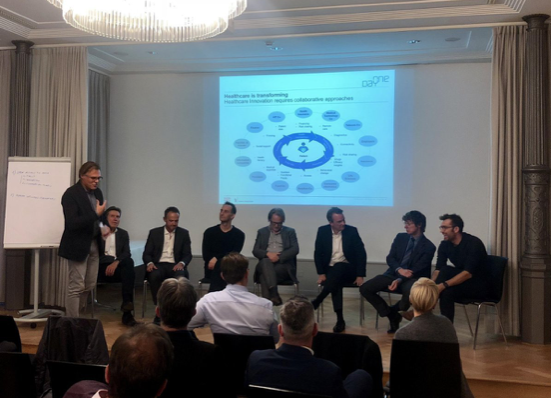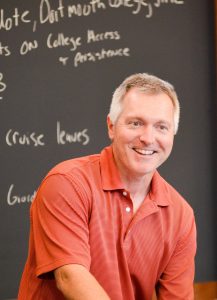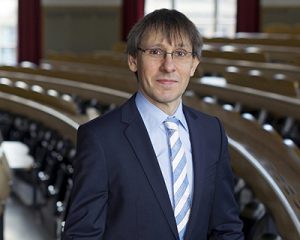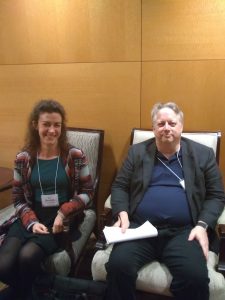Tomas Knapen, Department of Experimental & Applied Psychology, Free University Amsterdam, is this week’s visitor in the SWE colloquia series

Mapping the dark side: Visual selectivity of default network deactivations
The brain’s default network (DN) deactivates when participants focus externally to perform a task, and activates for internally referenced mental states such as mind wandering and autobiographical memory. Processing in the DN is thought to represent the highest levels of information integration, and changes to their responses are implicated in many psychological disorders. Recent findings indicate that signals in the DN carry visual memory information, but the functional role of DN deactivations in particular remains unclear. Here we show that BOLD signal decreases in the DN are tuned to the spatial location of visual stimuli. The visual selectivity of these deactivations was similar to that of concurrent activations in the frontal and parietal regions of the multiple demand network. Furthermore, visually selective deactivations allowed us to decode the location of a visual stimulus from DN nodes, demonstrating that the DN contains functional representations of the visual field. Our results indicate that responses in the DN are pinioned to responses in the visual system, providing a candidate organization for the mnemonic functionality of the DN. Our results suggest that the DN may utilize sensory reference frames for higher-level cognition such as autobiographical memory and social thought.





